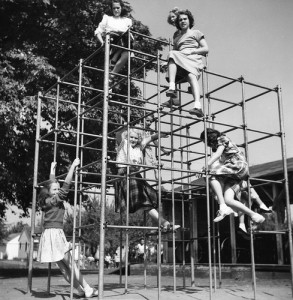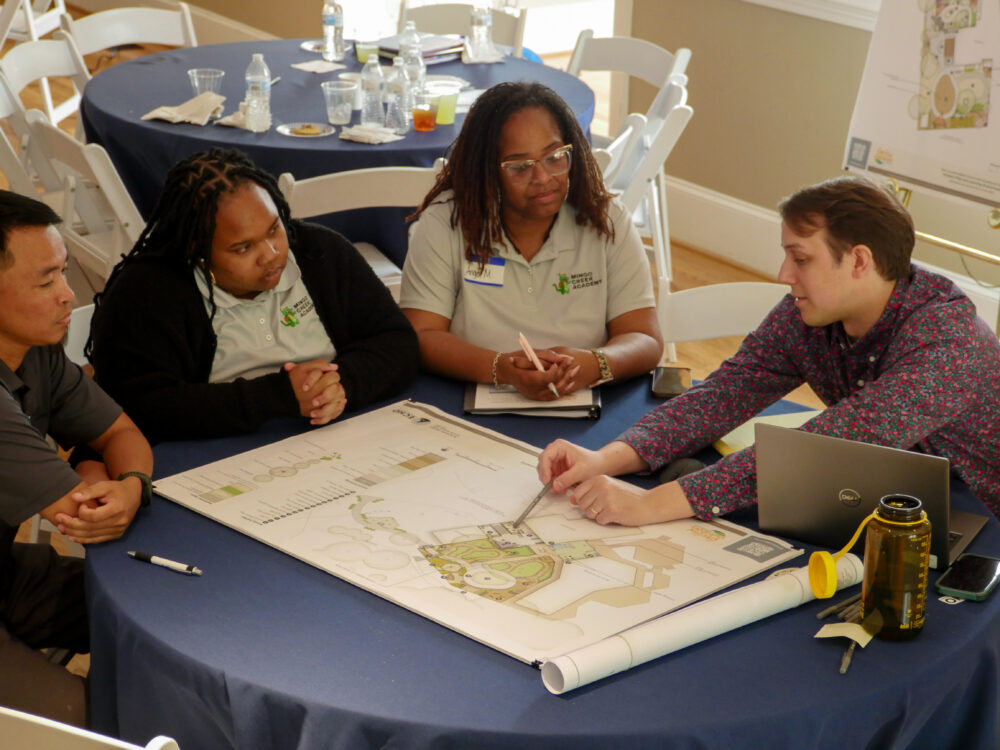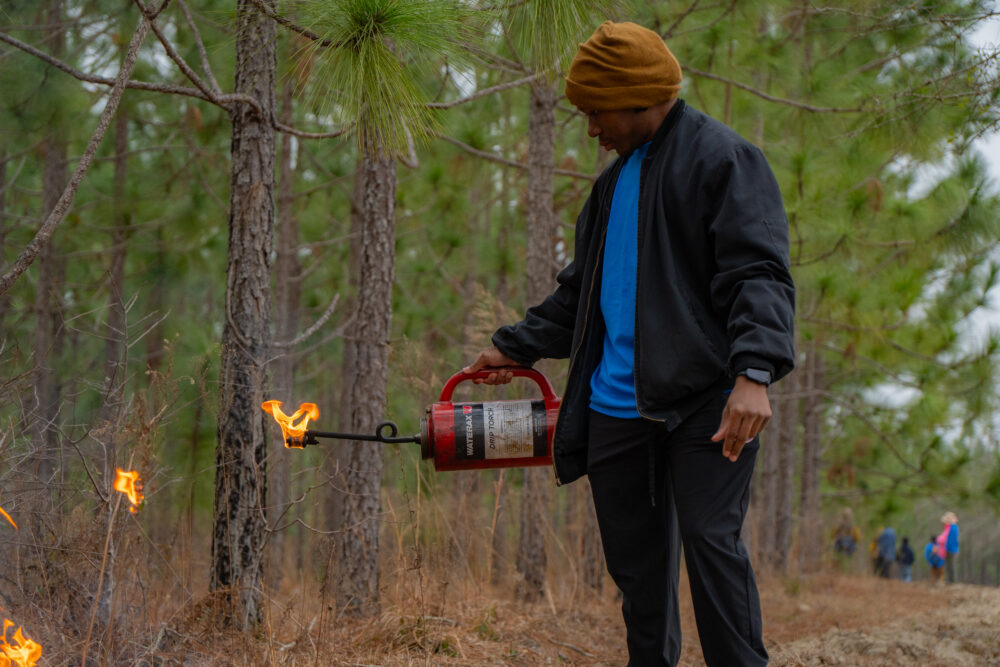We have much more to do and your continued support is needed now more than ever.
Give Kids a Break: Academy of Pediatrics Recognizes Value of Recess

Recess is Time to Decompress
I have distinct memories of two recess activities in particular, tether ball and playing/trading marbles. I was the tallest girl in my class, taller even than most of the boys, so I had a distinct advantage at tether ball and was proclaimed class champ. While marbles was traditionally a “boy thing” I collected with gusto, and could hardly wait to win more cat’s eyes in our raucous recess matches. My lucky steely shooter was a force to be reckoned with.
During those times on the playground, my mind was cleared of all academic thoughts and focused solely on the escape of free play. This meant when I returned to the classroom, hopefully with some new aggies in my pocket, I was ready to jump back into my lessons. I was mentally refreshed with a renewed perspective on the subject at hand. I was also physically rejuvenated, my body exercised and ready to sit quietly to learn.
Pediatricians Know Best
The AAP statement concluded that “recess is a crucial and necessary component of a child’s development.” This is consistent with research by neuroscientists who recommend “brain breaks” every 90 minutes in order to increase productivity. And yet almost 30 percent of elementary age children across the county are denied recess and forced to endure long stretches of academic drills without much-needed breaks.
Since the passage of the No Child Left Behind Act of 2001, more focus has been placed on test results and less on the well-being of students. Schools have adopted the concept of ‘drill and repeat” instead of recognizing that free time and recharging can enhance cognition and memory.
The assumption is that more time focused on test prep will help performance, but in fact, the opposite may be true. Today’s children are less physically fit, less able to concentrate, and less able to relate to others than previous generations. The effects are seen in the rise of childhood obesity, poor test scores, and negative classroom behavior.
Recess More Than Just Play
Recess provides children with free unstructured time to engage in physical activity that helps them develop healthy bodies and the enjoyment of movement. It also provides children the opportunity to practice life skills such as cooperation, taking turns, being a good sport, following rules, sharing, communications, negotiation, problem solving and conflict resolution. And along the way, they might win a few marbles.
Parents Can Help Bring Back Recess
Parents can play a particularly important role in helping their children to have more productive school time by allocating home time for outdoor activities in natural settings and by being strong advocates for schools to offer more safe outdoor time and experiences for their children, including recess time.
How You Can Help
- Do the Homework. Join NWF’s Eco-Schools USA program and use our recess policy audit tool to evaluate your school’s current policy.
- Talk in School. Bring together parents, teachers, and administrators to restore recess at your school and school district.
- Build on Models. Work with the school, district or state to adopt a model recess policy.
- Share with Others. Connect with other campaign leaders to exchange learning and tips.





















